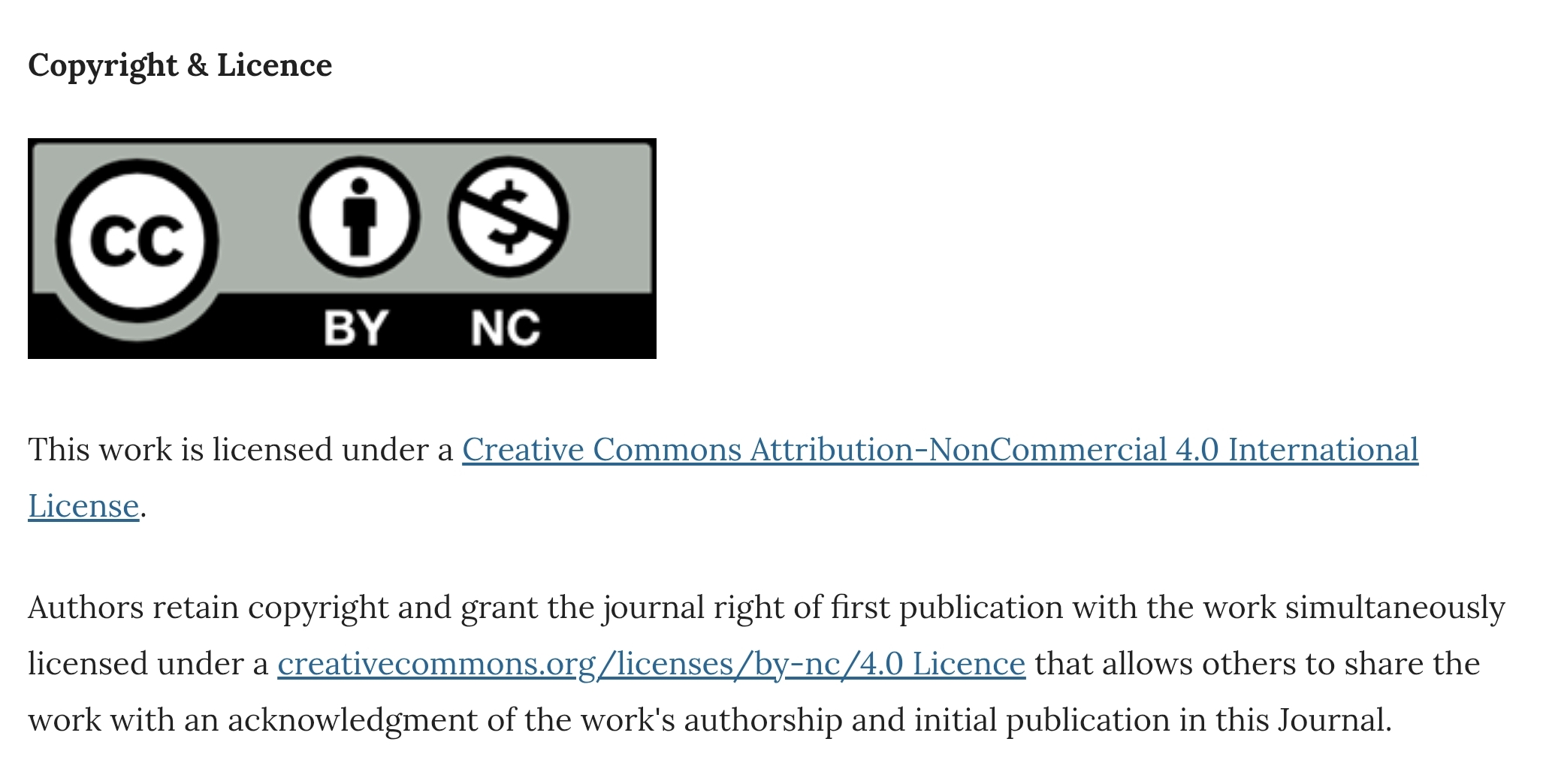Affective symptoms in an individual with central pontine myelinolysis – A case report
DOI:
https://doi.org/10.30834/KJP.36.2.2023.397Keywords:
Central pontine myelinolysis, hyponatremia, affective symptomsAbstract
Background: Central pontine myelinolysis is characterized by damage to regions of the brain, the most common site being pontine white matter tracts, following a rapid correction of metabolic disturbances such as hyponatremia. Case report: A female aged 34 years presented with gastritis. Baseline investigations did not suggest an infective picture. Her serum sodium levels were noted as 101 meq/l at admission. Corrective measures were carried out, and serum sodium levels increased to 133 meq/l in 3 days. Within three days, she developed manic symptoms. MRI of the Brain confirmed both central and extrapontine myelinolysis. She was treated with mood stabilizers and antipsychotics and was discharged in two weeks with complete remission of symptoms. Discussion: Neuropsychiatric symptoms developing in the background of rapid correction of serum sodium levels have been reported in a few studies previously. Focus on the brain areas involved may provide insight regarding the etiopathogenesis of these symptoms.
Downloads
References
Martin RJ. Central pontine and extrapontine myelinolysis: the osmotic demyelination syndromes. J Neurol Neurosurg Psychiatry. 2004;75(Suppl 3):iii22–8.
Baek SH, Jo YH, Ahn S, Medina-Liabres K, Oh YK, Lee JB, et al. Risk of overcorrection in rapid intermittent bolus vs slow continuous infusion therapies of hypertonic saline for patients with symptomatic hyponatremia: The SALSA randomized clinical trial. JAMA Intern Med 2021;181:81–92.
King JD, Rosner MH. Osmotic demyelination syndrome. Am J Med Sci 2010;339:561–7.
Sterns RH, Silver SM. Brain volume regulation in response to hypo-osmolality and its correction. Am J Med 2006;119(7 Suppl 1):S12-6.
Odier C, Nguyen DK, Panisset M. Central pontine and extrapontine myelinolysis: from epileptic and other manifestations to cognitive prognosis. J Neurol 2010;257:1176–80.
Hoorn EJ, Zietse R. Diagnosis and treatment of hyponatremia: compilation of the guidelines. J Am Soc Nephrol 2017;28:1340–9.
World Health Organization. The ICD-10 classification of mental and behavioural disorders: clinical descriptions and diagnostic guidelines. Geneva: World Health Organization; 1992.
American Psychiatric Association. Diagnostic and statistical manual of mental disorders: DSM-5. Washington, DC: American Psychiatric Association;2013.
Haynes HR, Gallagher PJ, Cordaro A, Likeman M. Love S. A case of chronic asymptomatic central pontine myelinolysis with histological evidence of remyelination. Forensic Sci Med Pathol 2018;14:106–8.
Aneja J, Mahal P, Sudhakar G, Panda S, Tiwari S. Steroid-responsive encephalopathy as a semblance of neuroleptic malignant syndrome in a patient with schizophrenia. Indian J Psychol Med 2019;41:487-91.
Price BH, Mesulam MM. Behavioral manifestations of central pontine myelinolysis. Arch Neurol 1987;44:671–3.
Altinay MI, Hulvershorn LA, Karne H, Beall EB, Anand A. Differential resting-state functional connectivity of striatal subregions in bipolar depression and hypomania. Brain Connect 2016;6:255–65.
Downloads
Published
How to Cite
Issue
Section
License
Copyright (c) 2023 C Haritha Babu, Christina George, Allwyn George (Author)

This work is licensed under a Creative Commons Attribution-NonCommercial 4.0 International License.












